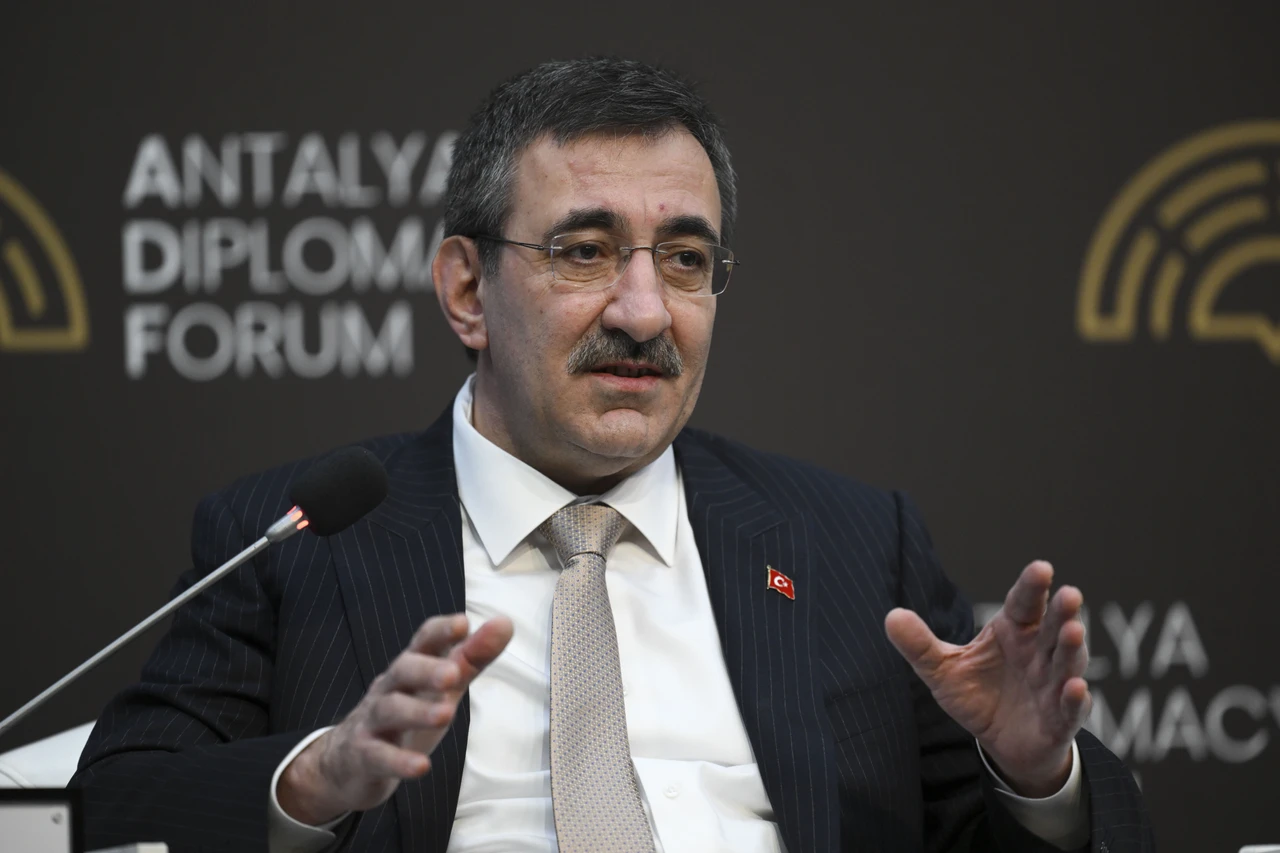Famous Islamic scholar al-Nabhani’s legacy at risk amid Israel-Hezbollah conflict
 Portraits of Abdulhamid II and Yusuf al-Nabhani, with Beirut under Israeli attack behind them (Türkiye Newspaper)
Portraits of Abdulhamid II and Yusuf al-Nabhani, with Beirut under Israeli attack behind them (Türkiye Newspaper)
As the Israel-Hezbollah conflict continues to escalate, Lebanon’s rich cultural heritage has also come under threat with aerial strikes inching closer to the grave of Yusuf al-Nabhani, one of Beirut’s most significant religious figures.
Al-Nabhani who served as a judge in Damascus and Beirut during the reign of Ottoman Sultan Abdulhamid II, is renowned for his strong rebuttals against Wahhabism and Salafism. The 19th-century scholar’s tomb is located in Bashoura Cemetery in central Beirut which is becoming increasingly the target of Israeli attacks.
Al-Nabhani made significant contributions to Islamic scholarship, authoring influential treatises against the Wahhabi and Salafi movements.

Life dedicated to knowledge
Al-Nabhani, born Yusuf bin Ismail in 1849 in Eczim near Haifa, dedicated his life to scholarly pursuits until he died in Beirut in 1932. His education began in childhood, culminating in his graduation from Al-Azhar University in Cairo between 1866 and 1872.
Upon completing his studies, he was appointed a judge in 1874, serving in both Damascus and Beirut while producing significant literary works.
Throughout his travels across the Ottoman Empire – including cities like Mosul, Aleppo, Diyarbakir and Baghdad – he engaged with scholars and Sufi practitioners, further enriching his knowledge.
Opposing Wahhabism
Al-Nabhani traveled to Hijaz for pilgrimage and spent considerable time in Medina, in modern-day Saudi Arabia, where he observed Wahhabi attitudes toward the graves of the Prophet Muhammad’s (peace be upon him) companions and other revered figures.
He authored “Shawahid al-Haqq”, a book that refuted the erroneous beliefs and ideologies propagated by Wahhabism. In his work, he highlighted the virtues of the prophet’s companions and countered the views of Ibn Taymiyyah, a pivotal figure in the spread of Wahhabism in the Arab world.
His book received praise from numerous scholars affiliated with Al-Azhar University, including Egypt’s Grand Mufti Allame Bekri Muhammad Sadefi and Muhammad Abdu’l-Hayy Kettani.

Combating Christian missionary influence
While in Beirut, al-Nabhani worked at the Cevaib printing house, renowned for publishing Arabic literature. Owned by Ahmed Faris Shedyak, a convert from Christianity to Islam, the printing house provided al-Nabhani the platform to contribute significantly to Islamic scholarship.
He was responsible for proofreading and preparing various publications aimed at raising awareness among Muslims about the material and spiritual threats posed by missionaries.
Al-Nabhani actively campaigned against sending Muslim children to missionary schools, authoring “Irshad al-Hiyara min Tahziri Madaris al-Nasara” (“A Guide for the Wise on Avoiding Sending Children to Christian Schools”), which outlined the dangers associated with such institutions.
Defending prophet’s legacy
Al-Nabhani also defended the Prophet Muhammad against various accusations. He wrote two significant works:
- “Hujjatullah al-Alamin fi Mu’jizat Sayyidi al-Mursalin,” which narrates the miracles of the prophet during and after his lifetime.
- “Al-Anwar al-Muhammadiyya min al-Mawahib al-Ladunniyya,” detailing the life of the prophet.

Sultan Abdulhamid II’s patronage
During his time in Beirut, the local governor attempted to remove al-Nabhani from his position for various reasons.
However, Sultan Abdulhamid II initially ordered his reassignment to a nearby location but later rescinded the decision, allowing al-Nabhani to continue his work in Beirut.
Al-Nabhani passed away in Beirut in 1932 during Ramadan, leaving behind a vast legacy of scholarly works that continue to shape Islamic thought.
The ongoing conflict in the region not only threatens his resting place but also jeopardizes Lebanon’s rich cultural heritage.



